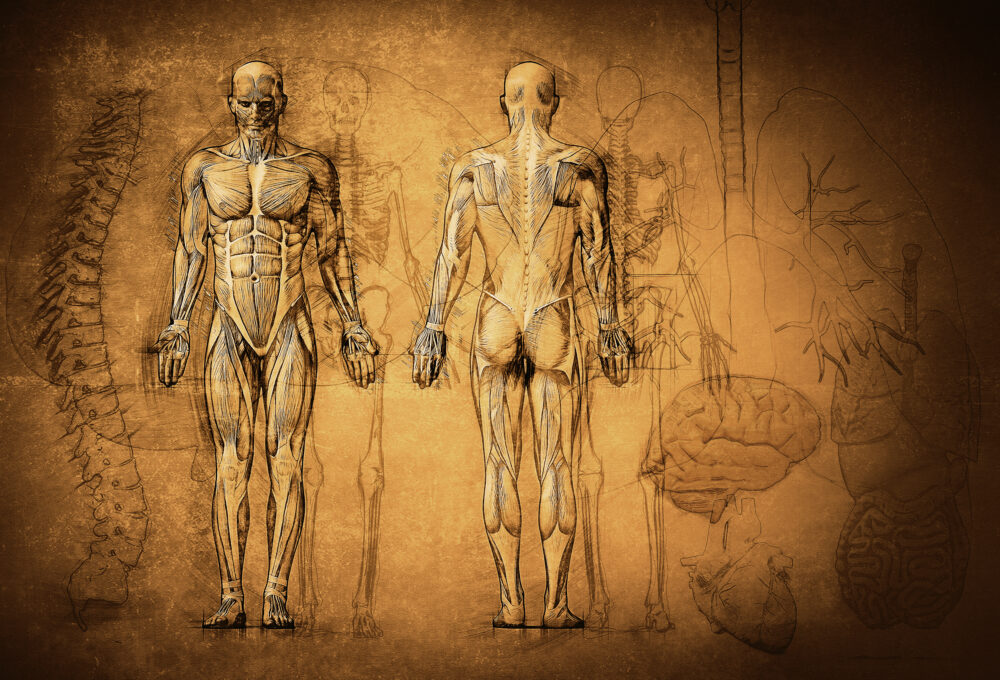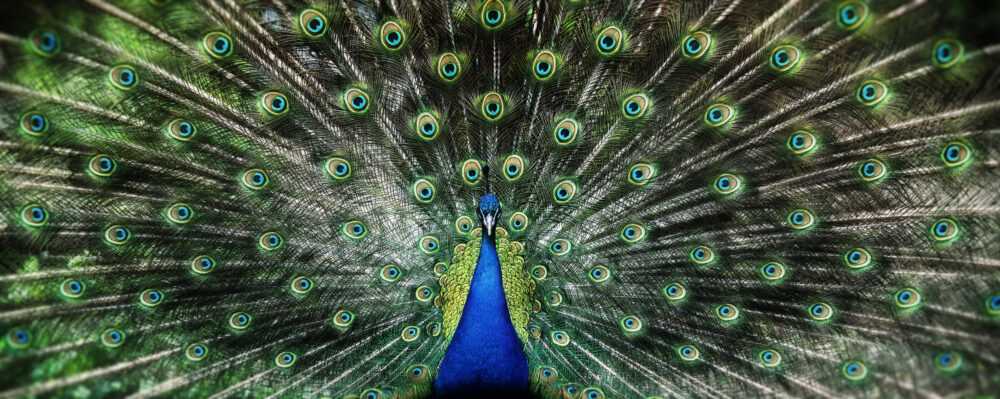


Richard Weikart Reads From His New Book Unnatural Death

The Miracle of Man: Reflections on The Westminster Conference

Berlinski: Why Humans Are Unique in the World of Matter

God’s Grandeur: Ann Gauger on Beauty, Intelligibility, and Human Uniqueness

How to Destroy Love with Darwinism
On today’s ID the Future, host Andrew McDiarmid presents an Evolution News essay, “How to Destroy Love with Darwinism.” Altruism as defined by evolutionists means “behavior by an animal that may be to its disadvantage but that benefits others of its kind.” It’s not an easy fit with Darwinism, since Darwinian evolution is all about passing your favored genes onto your offspring. How can a creature do that if she gives her life for another, particularly when it’s not even her own children, and before she has produced any offspring? Such individuals fail to pass on their own genes — a seeming conundrum for Darwinism. Evolutionists have made some progress (they think) explaining such things with theories of group selection Read More ›

Kissinger and AI, Pt. 2: Jay Richards Presses Pause on the Robot Apocalypse
On this episode of ID the Future, philosopher Jay Richards continues his conversation with host and historian of science Mike Keas about Henry Kissinger’s recent Atlantic article on “The End of the Enlightenment.” In the piece, Kissinger sounds an alarm over artificial intelligence, and raises questions about machine ethics and the possibility that humans may learn we’re not so special after all. Richards, author of the new book The Human Advantage: The Future of American Work In an Age of Smart Machines, pushes back, explaining how we can continue to use artificial intelligence to our advantage, prudently but without fear of the robot apocalypse or of computers becoming conscious and free. No, Richards argues, those qualities cannot be programmed. They are, and will remain, the human advantage.
Read More ›